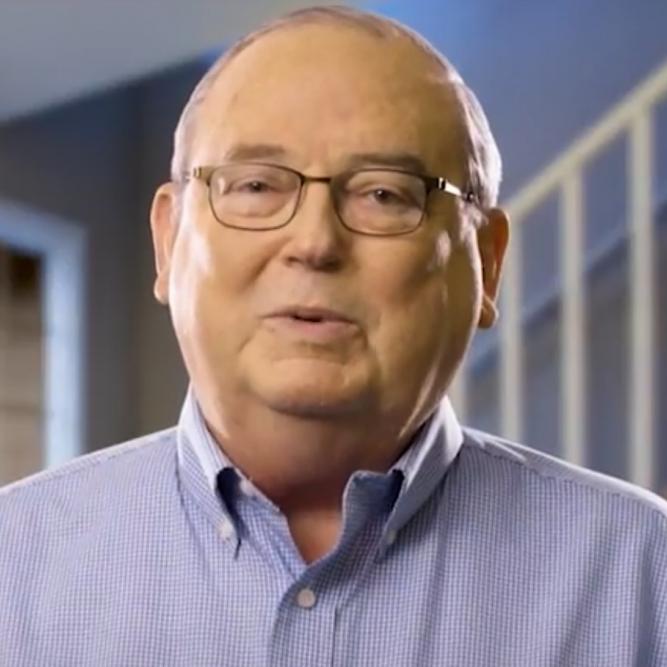What are Structural Heart Conditions?
Structural heart conditions affect the valves or tissues of the heart. They can develop before you’re born or over time from age-related changes, high blood pressure, coronary artery disease, or other problems that strain your heart.
These conditions affect your heart’s ability to pump blood. They can cause heart arrhythmias and lead to heart failure, cardiac arrest, stroke, and other problems.
Structural Heart Conditions We Treat
We use sophisticated imaging and diagnostic tests to find problems and create a personalized treatment plan. We treat a variety of structural heart and valve problems, including:
- Atrial septal defect (a hole between the upper and lower heart chambers)
- Connective tissue diseases that affect the heart, such as Ehlers-Danlos, Loeys Dietz, and Marfan syndromes
- Hypertrophic cardiomyopathy (thickening of the heart muscle)
- Left ventricular hypertrophy (thickening of the wall of the left ventricle)
- Myocarditis (swelling of the heart muscle)
- Paravalvular leaks (leaks that occur after valve replacement)
- Patent foramen ovale (a natural opening between the heart chambers that doesn’t close) · Valve stenosis (valve doesn’t open completely, restricting blood flow)
- Valve prolapse (valve flap bulges backward, which can cause it to leak)
- Valve regurgitation (valve doesn’t close completely, causing blood to flow backward)
Nonsurgical Valve and Structural Heart Disease Care
Sometimes medicines and healthy lifestyle habits — such as a heart-healthy diet, exercise, and maintaining a healthy weight — are all that’s needed to relieve symptoms and keep your condition from getting worse.
Our cardiologists specialize in helping you stay healthy and keep a close eye on your health to prevent heart failure or other problems.
If you need advanced care, we bring in interventional cardiologists, vascular experts, cardiothoracic surgeons, and other specialists to develop a personalized treatment plan.
Valve and Structural Heart Disease Procedures and Surgery
We use the least invasive approaches — including robotic-assisted surgery — to let you return to your life as soon as possible. Our expert team offers a full range of minimally invasive treatments, including:
- Interventional cardiology treatments such as ablation, aneurysm repairs, heart defect repairs, mitral valve repair, and aortic valve replacement (TAVR)
- Endovascular procedures that treat blood vessel problems, including angioplasty and stenting, and aneurism repair (EVAR and TEVAR)
When a minimally invasive approach isn’t an option, our cardiothoracic surgeons can perform even the most complex heart surgeries:
- Repair or replace heart valves
- Treat aneurysms
- Restore blood flow in blocked arteries
- Repair structural heart defects
We use leading-edge techniques, such as off-pump heart surgery and hybrid procedures, for a faster recovery.

